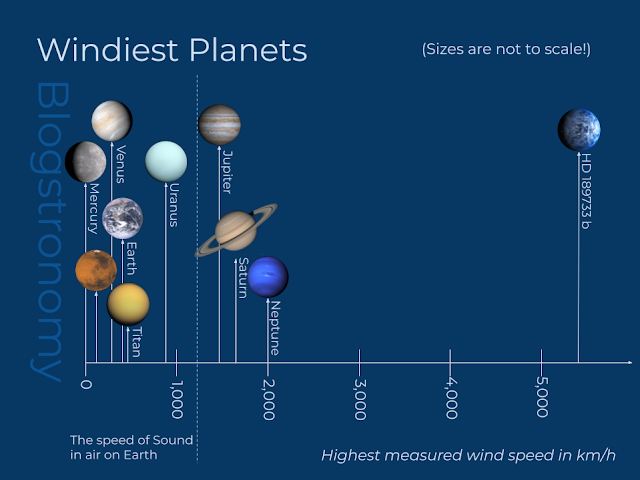Why is Uranus's Gravity Lower than Earth's?
Question posed by Emma on behalf of Lucy.
This one hadn't crossed my mind before. Like all the best questions, this one needed the mind of a primary-school-aged child to point it out. Lucy and her classmates have been studying the planets at school, and they researched various facts about them, including their surface gravity.
They discovered that Uranus's gravity at its surface is \(0.886g \), compared to Earth's \( 1g \) surface gravity. They also found out about mass: Uranus's mass is about fourteen and a half times that of the Earth. Lucy, aware that the gravity of a planet is related to its mass, very cleverly asked the question "If Uranus is heavier than Earth, why does it have less gravity?"
The solution to this riddle lies in the definition of "surface gravity". Gravity gets weaker the further away you travel from a body, so we need to agree on where we're measuring it from. For a rocky body like the Earth, Venus, Mars and Mercury, this is fairly easy - you measure gravity at the surface: i.e. the bottom of the atmosphere; the start of the bit that you can walk on. For a gas giant this is much less straightforward as they have, as far as our best models predict, no 'surface' of which to speak: it's likely they have some form of rocky core, but this will have no solid surface, instead smoothly transitioning from gas to liquid to (possibly) solid.
So how do you measure the surface gravity of a body which has no surface? You have to come up with a definition that people can agree to use, and astronomers have done just that: the 'surface' of a gas giant is officially agreed to be the depth of its atmosphere at which the pressure is 1 atmosphere - that's the same pressure at Earth's sea- level.
So, when calculating Uranus's surface gravity, astronomers actually ignore much of Uranus: although Uranus is much more massive[1] than the Earth (over 14 times more massive, as stated above), its volume[2] is a bit more than sixty times that of Earth's, so Uranus's mass is much more spread out than Earth's: it has a much lower density. I can demonstrate this idea by mathematically removing an Earth-sized lump from Uranus: put it on a pair of scales opposite Earth, and we'd find that Earth weighed in at more than four times as heavy as our Earth-sized blob of Uranus.
So that's why Uranus's surface gravity is lower than Earth's: the definition of the 'surface' of Uranus combined with its low density means that a lot of its mass isn't involved in the calculation. In fact, there's less mass involved than there is in the same calculation for Earth!
Do you have a space question? Ask it here!



This comment has been removed by the author.
ReplyDeletewhy do we weigh less on Uranus than Earth?
ReplyDeleteBecause weight depends on gravity: if the force due to gravity is lower then the same mass will weigh less.
DeleteThis is kinda confusing but i get the gist.
ReplyDeleteWhat's confusing? Maybe I can clarify.
Delete